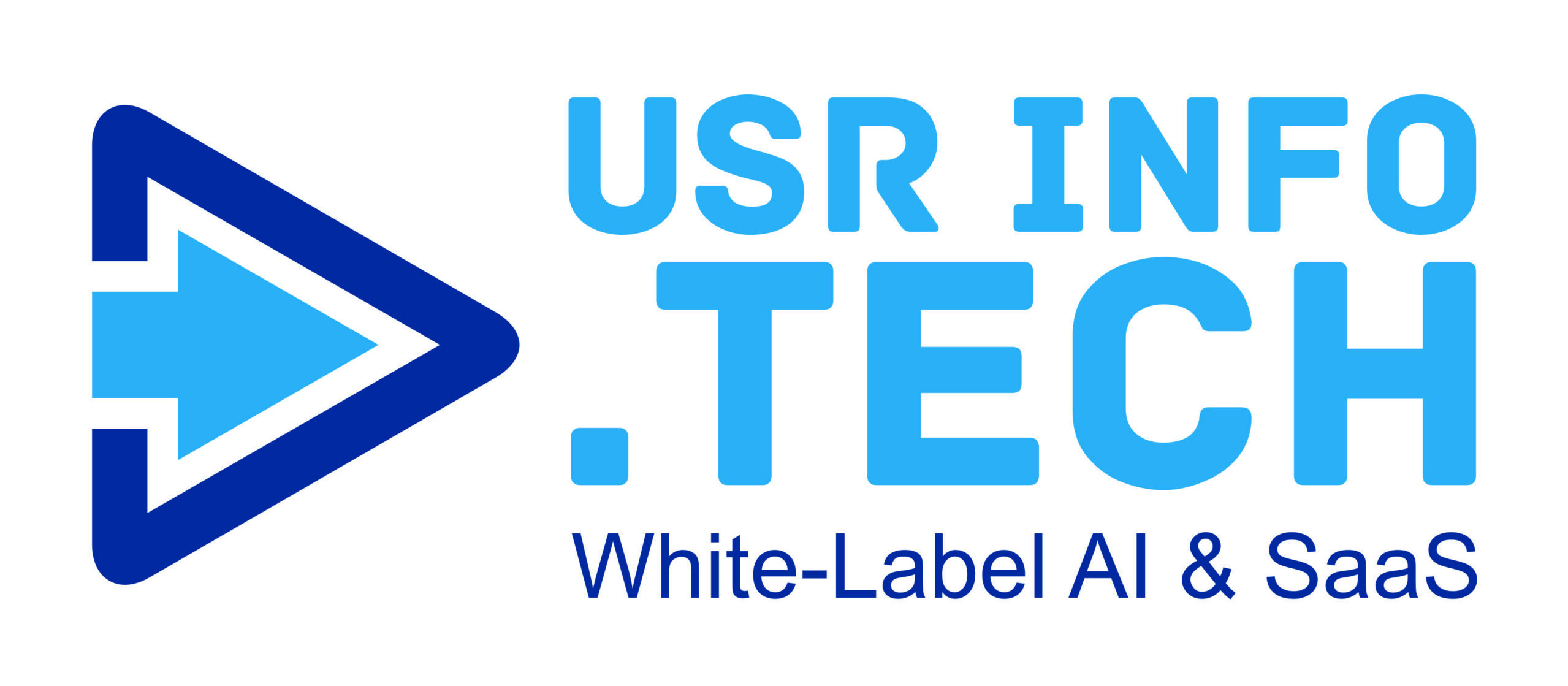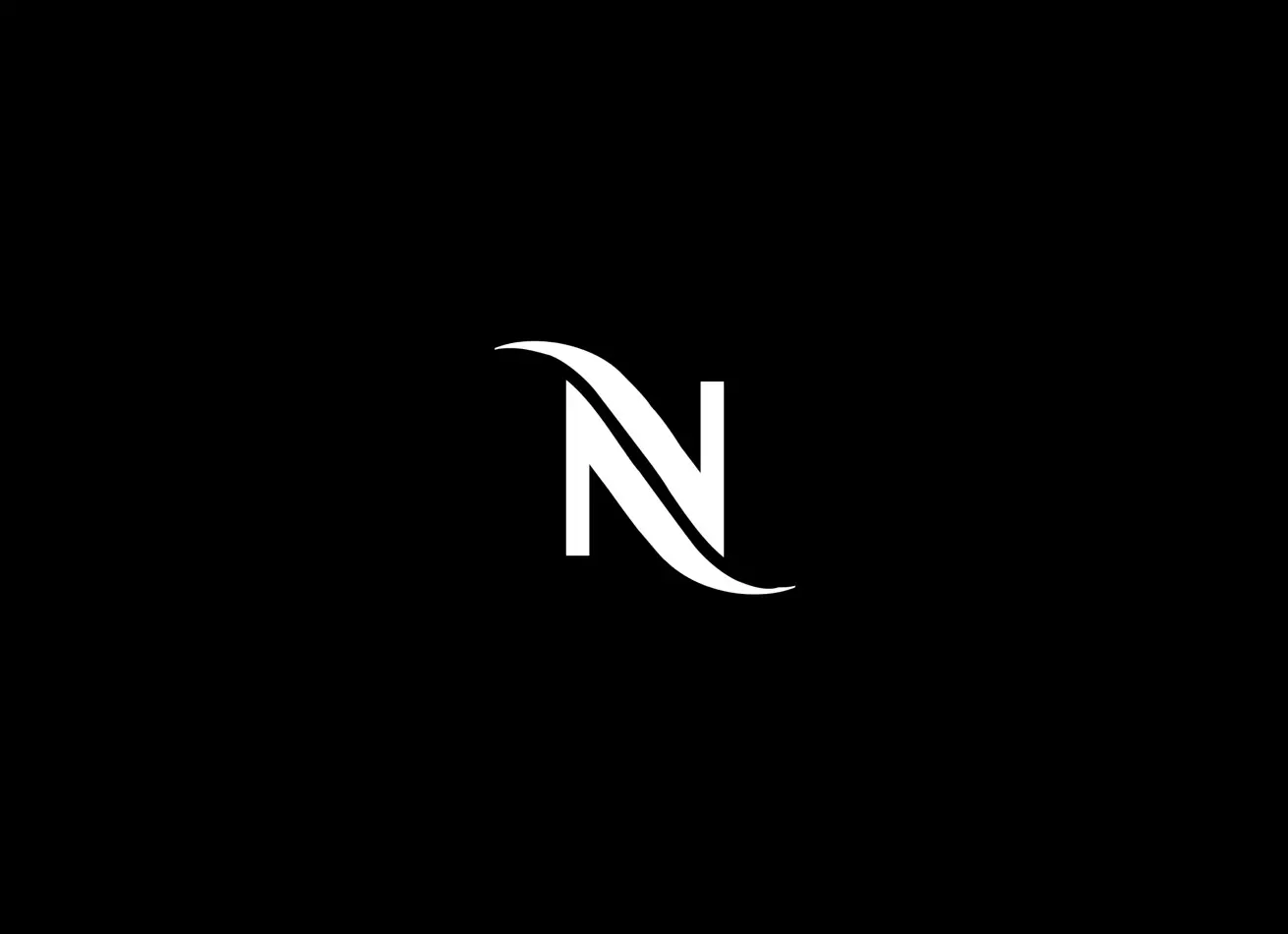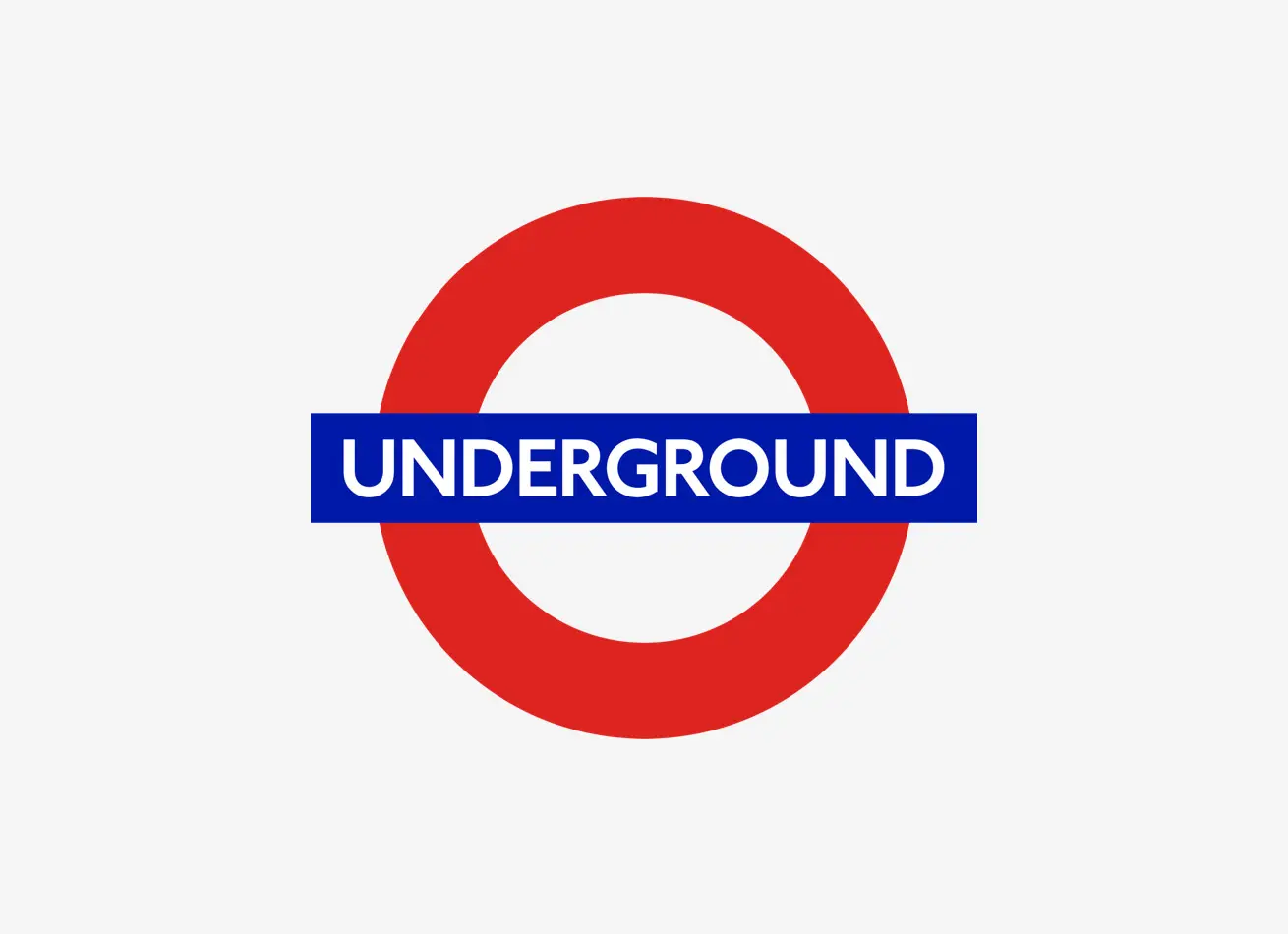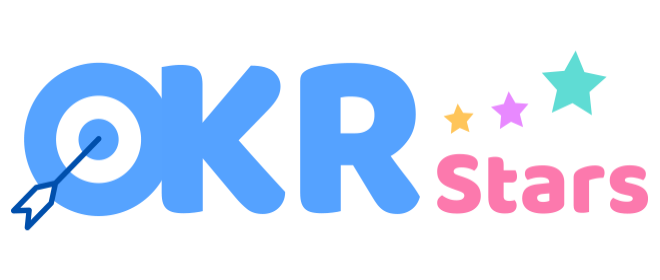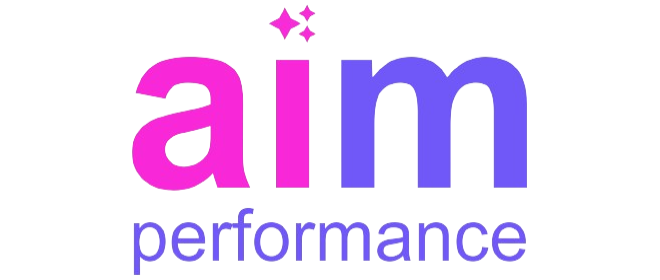Introduction: The Role of Performance Management in Conflict Resolution
Workplaces, regardless of the type of workforce, are bound to experience conflicts at some point. Be it a white-collar office, a grey-collar technical environment, or a blue-collar labor setting, conflicts arise due to differences in opinions, communication barriers, and diverse work styles. Performance management emerges as a powerful tool that can bridge these gaps and resolve conflicts effectively. In this blog post, we will explore how performance management contributes to conflict resolution across all workforce types.
Understanding the Dynamics of Conflict in the Workplace
Conflicts in the workplace are a natural occurrence, as employees come from diverse backgrounds and bring different perspectives to the table. In white-collar environments, conflicts often stem from competition, communication breakdowns, or role ambiguity. Grey-collar workforce, who bridge the gap between manual labor and technical expertise, face conflicts arising from task execution and technical disagreements. Blue-collar workforce may encounter conflicts related to work schedules, labor conditions, or interpersonal disputes on the job site.
Performance management provides a structured approach to addressing these conflicts by identifying the root causes and offering solutions that are fair and unbiased. The key to conflict resolution lies in understanding the specific dynamics of each workforce type and tailoring performance management strategies accordingly.
The Importance of Clear Expectations
One of the primary causes of workplace conflict is the lack of clear expectations. When employees are unsure of what is expected from them, misunderstandings can lead to conflicts. Performance management helps establish clear goals, roles, and responsibilities, which reduces ambiguity and fosters conflict resolution.
For white-collar employees, performance management systems ensure that goals are aligned with the organization’s objectives, which fosters a collaborative environment. Grey-collar workforce benefit from performance management by receiving clear guidelines on technical tasks and procedures. Blue-collar employees, on the other hand, gain clarity on their roles, schedules, and safety standards, minimizing conflicts related to misunderstandings on the job.
Encouraging Open Communication
Effective communication is crucial for conflict resolution, and performance management encourages open dialogue between employees and managers. By regularly reviewing performance, feedback, and progress, managers can identify potential conflicts early on and address them before they escalate.
For white-collar workforce, performance management reviews provide an opportunity for employees to voice concerns about workload distribution, collaboration with colleagues, or feedback on leadership. In grey-collar environments, open communication channels help resolve technical disagreements and foster teamwork. Blue-collar workforce benefit from clear communication around job expectations, safety protocols, and work conditions, reducing the potential for misunderstandings and conflicts
Promoting Fairness and Equity
Perceived unfairness is a common trigger for workplace conflict. When employees feel that they are being treated unfairly or that favoritism is at play, tensions can rise. Performance management promotes fairness by establishing consistent evaluation criteria and transparent feedback mechanisms, aiding in conflict resolution.
White-collar employees, who often compete for promotions and career advancement, appreciate the transparency that performance management brings to the table. Grey-collar workforce, who may feel overlooked in hybrid roles, gain confidence in fair performance evaluations that recognize their contributions. Blue-collar employees experience equitable treatment through standardized performance reviews that ensure everyone is held to the same standards, reducing potential grievances.
Enhancing Team Collaboration
Performance management fosters collaboration by aligning individual goals with team objectives, creating a sense of shared purpose. When employees understand how their performance contributes to the overall success of the team, conflicts related to competition or individualism are minimized, aiding in conflict resolution.
In white-collar environments, where team projects and cross-departmental collaboration are common, performance management helps employees see the bigger picture and work together more effectively. Grey-collar workforce, who often need to collaborate with both technical and non-technical colleagues, benefit from performance management systems that emphasize teamwork and cooperation. Blue-collar workforce, who rely heavily on coordination and teamwork, experience smoother workflows and reduced conflicts when everyone is aligned toward common goals.
Identifying and Addressing Root Causes of Conflict Resolution
Performance management goes beyond surface-level conflict resolution by helping managers identify the underlying causes of workplace disputes. Whether the conflict is related to workload distribution, communication breakdowns, or personality clashes, performance management systems offer insights into what is really driving the issue.
For white-collar employees, conflicts may arise from high-stress projects or unclear leadership expectations. Performance management allows managers to address these issues through constructive feedback and goal realignment. Grey-collar workforce, who may face conflicts due to the technical nature of their work, benefit from performance management systems that identify skill gaps or training needs as potential sources of tension. Blue-collar employees, who often experience conflicts over work conditions or schedules, benefit from performance management that addresses these concerns directly and provides practical solutions.
Providing Continuous Feedback
Continuous feedback is a key component of performance management, and it plays a significant role in conflict resolution. Regular feedback ensures that issues are addressed promptly, preventing conflicts from escalating.
In white-collar environments, continuous feedback helps employees stay on track and address potential issues with colleagues or supervisors in a timely manner. Grey-collar workforce, who may require technical feedback and support, benefit from ongoing performance discussions that help resolve conflicts related to task execution. Blue-collar employees, who thrive on clear direction and consistent feedback, experience fewer conflicts when they know their performance is being monitored and adjusted as needed.
Supporting Employee Development
Employee development is another critical aspect of performance management that contributes to conflict resolution. When employees feel supported in their growth and development, they are less likely to experience conflicts related to career progression or job satisfaction.
For white-collar workforce, performance management systems that prioritize employee development help reduce conflicts over promotions and career advancement. Grey-collar employees benefit from development opportunities that enhance their technical skills and reduce conflicts related to task execution. Blue-collar workforce, who often seek opportunities for skill development and career growth, experience greater job satisfaction and fewer conflicts when they see a clear path for advancement within the organization.
Creating a Positive Workplace Culture
Ultimately, performance management contributes to conflict resolution by fostering a positive workplace culture. When employees feel valued, supported, and fairly evaluated, they are less likely to engage in conflicts and more likely to work collaboratively.
White-collar environments benefit from performance management systems that emphasize collaboration, transparency, and mutual respect. Grey-collar workforce experience a positive culture when their unique contributions are recognized and conflicts are addressed constructively. Blue-collar employees thrive in a culture that prioritizes safety, fairness, and teamwork, leading to a more harmonious workplace.
Conclusion: Performance Management as a Catalyst for Conflict Resloution
Performance management plays a pivotal role in conflict resolution for white-collar, grey-collar, and blue-collar workforces. By establishing clear expectations, encouraging open communication, promoting fairness, and supporting employee development, performance management systems help create a workplace where conflicts are addressed constructively and resolved effectively, promoting long-term conflict resolution.
